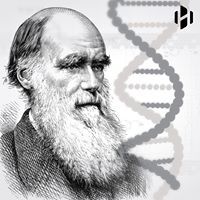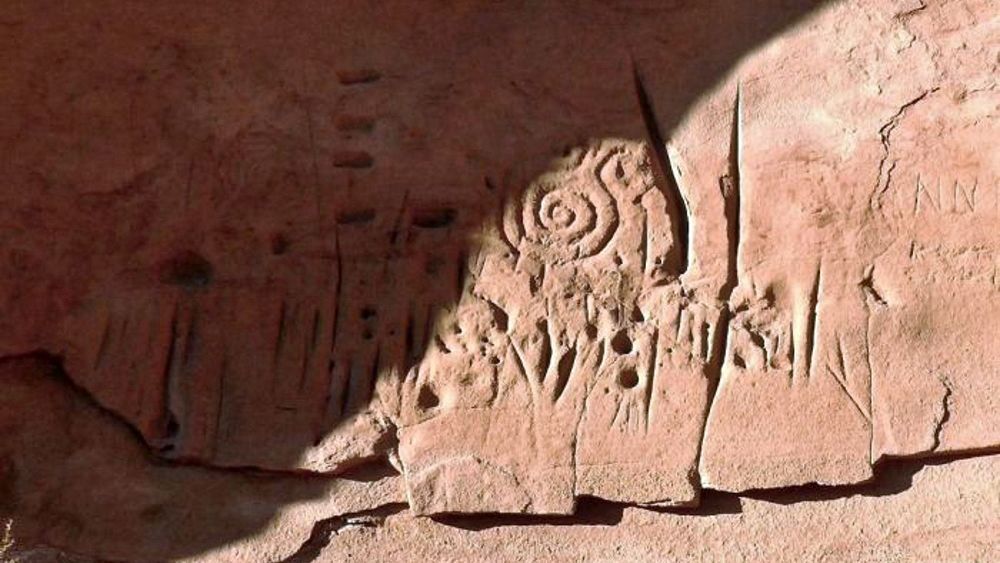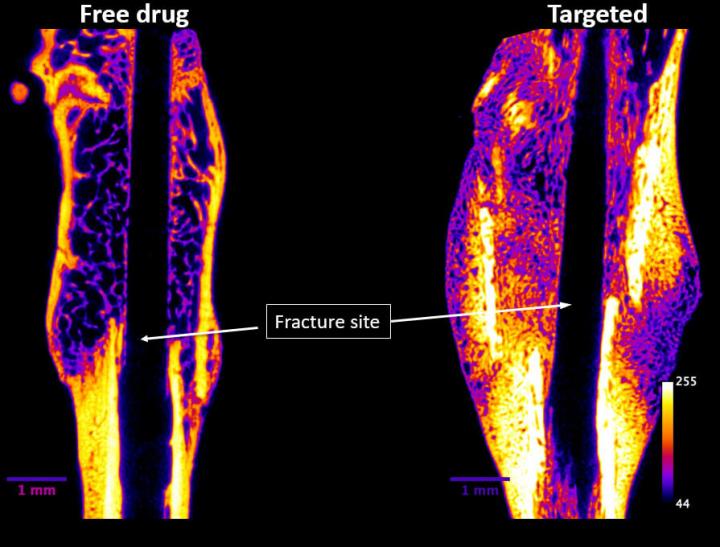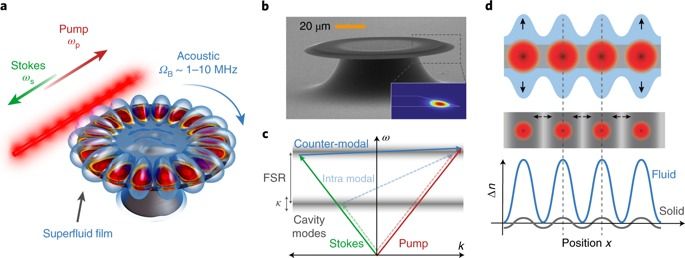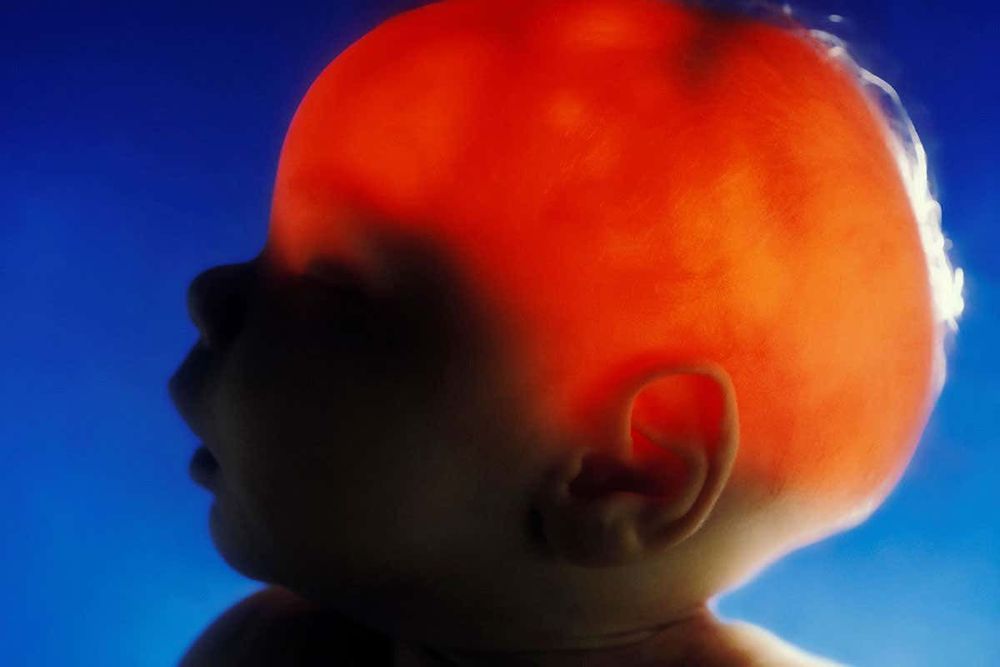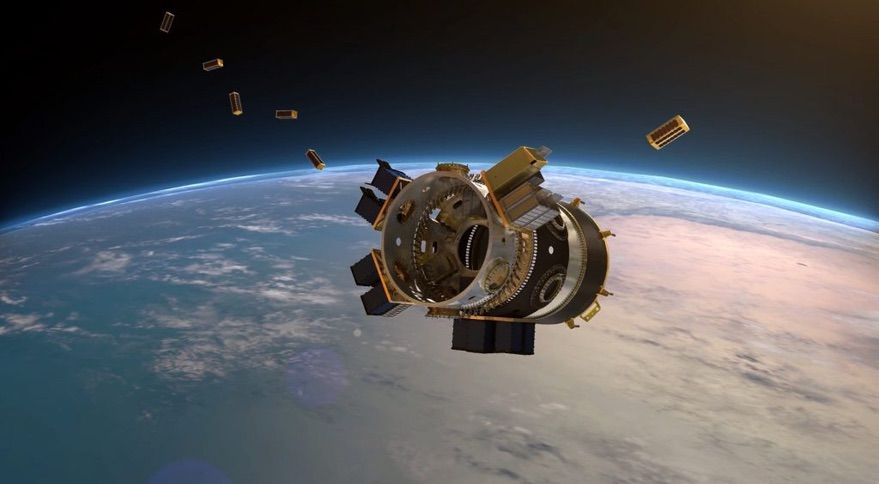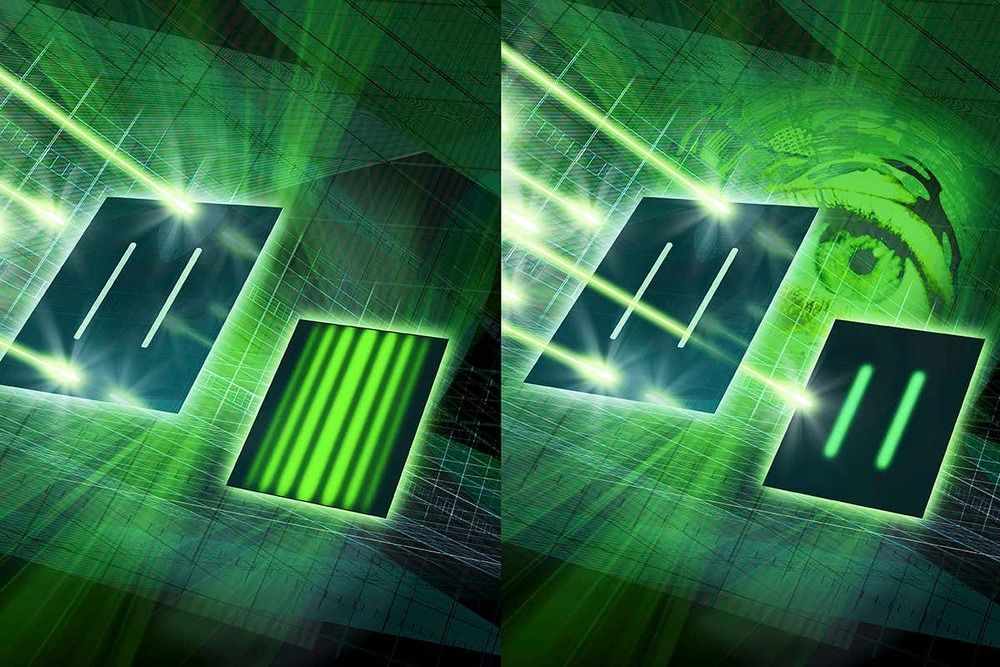Page 7904
Feb 12, 2020
Longevity Investment Take-Off Salon
Posted by Paul Battista in categories: innovation, life extension
Our friends at Foresight Institute and 100 Plus Capital have started regular longevity salons to coordinate the growing longevity enthusiasm and onboard new investors into the space. You are invited to kick off this series with aperitifs and hors d’oeuvre to discuss the current innovations that have been fueling the recent optimism in the field:
Longevity Investment Take-Off: What’s Different This Time, What’s Missing?
As a friend of Lifespan.io, you are welcome to use the code lifespan.io for a 50% discount on the ticket price.
Feb 12, 2020
800-year-old spiral rock carvings marked the solstices for Native Americans
Posted by Nare Khachatryan in category: futurism
The Pueblo people created rock carvings in the Mesa Verde region of the Southwest United States about 800 years ago to mark the position of the sun on the longest and shortest days of the year, archaeologists now say.
Panels of ancient rock art, called petroglyphs, on canyon walls in the region show complex interactions of sunlight and shadows. These interactions can be seen in the days around the winter and summer solstices, when the sun reaches its southernmost and northernmost points, respectively, and, to a lesser extent, around the equinoxes — the “equal nights”— in spring and fall, the researchers said.
Feb 12, 2020
Scientists discover mysterious never-before-seen virus in Brazil
Posted by Prem Vijaywargi in category: biotech/medical
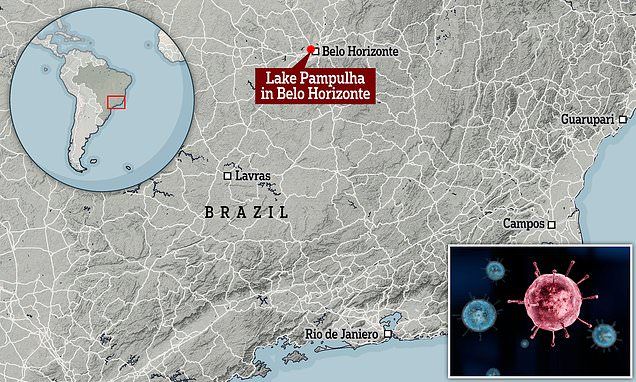
Mysterious-new-virus-unknown-origin-emerges-lake-Brazil.
Scientists have discovered a mysterious never-before-seen virus in a lake in Brazil and have named it after a mermaid who lured soldiers underwater to their death.
Continue reading “Scientists discover mysterious never-before-seen virus in Brazil” »
Feb 12, 2020
Injectable drug for faster healing of bone fractures prepares for clinical trials
Posted by Quinn Sena in category: biotech/medical
IMAGE: Novosteo, a Purdue University-affiliated startup, is advancing a technology shown to repair bone fractures faster and at greater benefit to a patient. The image above shows fractured femurs at four… view more
Credit: Novosteo/Philip S. Low
Feb 12, 2020
Strong optical coupling through superfluid Brillouin lasing
Posted by Quinn Sena in category: quantum physics
Brillouin scattering has applications ranging from signal processing1,2, sensing3 and microscopy4 to quantum information5 and fundamental science6,7. Most of these applications rely on the electrostrictive interaction between light and phonons3,7,8. Here we show that in liquids optically induced surface deformations can provide an alternative and far stronger interaction. This allows the demonstration of ultralow-threshold Brillouin lasing and strong phonon-mediated optical coupling. This form of strong coupling is a key capability for Brillouin-reconfigurable optical switches and circuits9,10, for photonic quantum interfaces11 and to generate synthetic electromagnetic fields12,13. While applicable to liquids quite generally, our demonstration uses superfluid helium. Configured as a Brillouin gyroscope14 this provides the prospect of measuring superfluid circulation with unprecedented precision, and exploring the rich physics of quantum fluid dynamics, from quantized vorticity to quantum turbulence15,16.
Feb 12, 2020
Quarantined Cruise Passengers Have Many Questions. Japan Has Few Answers
Posted by Quinn Sena in categories: biotech/medical, government
Critics say the government is making a coronavirus episode worse by not being more forthcoming.
Feb 12, 2020
Teen born without left half of her brain is leading a normal life
Posted by Quinn Sena in category: neuroscience
An 18-year-old who was born without the left half of her brain scores well on IQ tests and plans to attend university, revealing our brain’s incredible adaptability.
Feb 12, 2020
Spaceflight Industries to sell rideshare business to Japanese firms
Posted by Genevieve Klien in categories: business, satellites, security
WASHINGTON — Spaceflight Industries announced Feb. 11 it will sell its smallsat rideshare launch business to a pair of Japanese companies, allowing it to focus on its BlackSky geospatial business.
Spaceflight Industries said that Mitsui & Co., Ltd. and Yamasa Co., Ltd. will acquire its rideshare business, known as Spaceflight, Inc., for an undisclosed sum. Mitsui & Co. and Yamasa will own Spaceflight as a 50/50 joint venture. The companies said that they expect the deal to close in the second quarter of this year, after a review by the Committee on Foreign Investment in the United States (CFIUS) to examine any national security implications of the sale.
Spaceflight Industries said it will use the proceeds from the deal to accelerate the growth of BlackSky, its geospatial intelligence business that is developing a constellation of high-resolution imaging satellites. BlackSky has four satellites in orbit currently with another eight scheduled for launch this year.
Feb 12, 2020
Photon trick lets you bend the rules of quantum physics
Posted by Genevieve Klien in category: quantum physics
A basic rule of quantum physics is that knowing too much about an experiment will break quantum interference, but now physicists have discovered a way to bend that rule.
